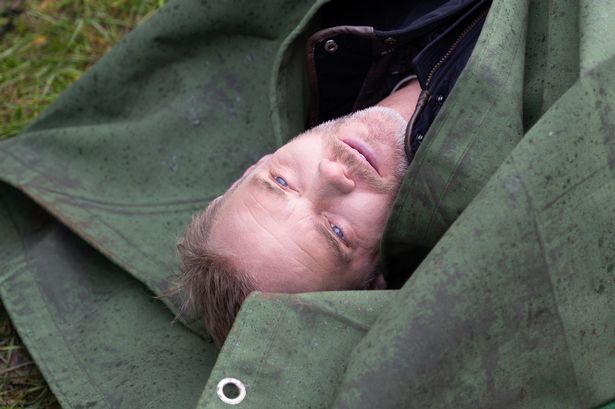Emmerdale LIVE updates: Laurel's guilt 'exposed' as Ray murder suspects revealed

Emmerdale kicks off its special flashback week on Monday, as Laurel Thomas, Rhona Goskirk and Marlon Dingle’s actions are revealed and Ray Walters’ killer if exposed
Source link
